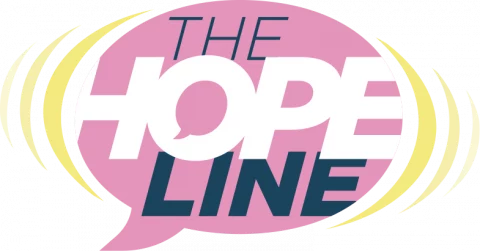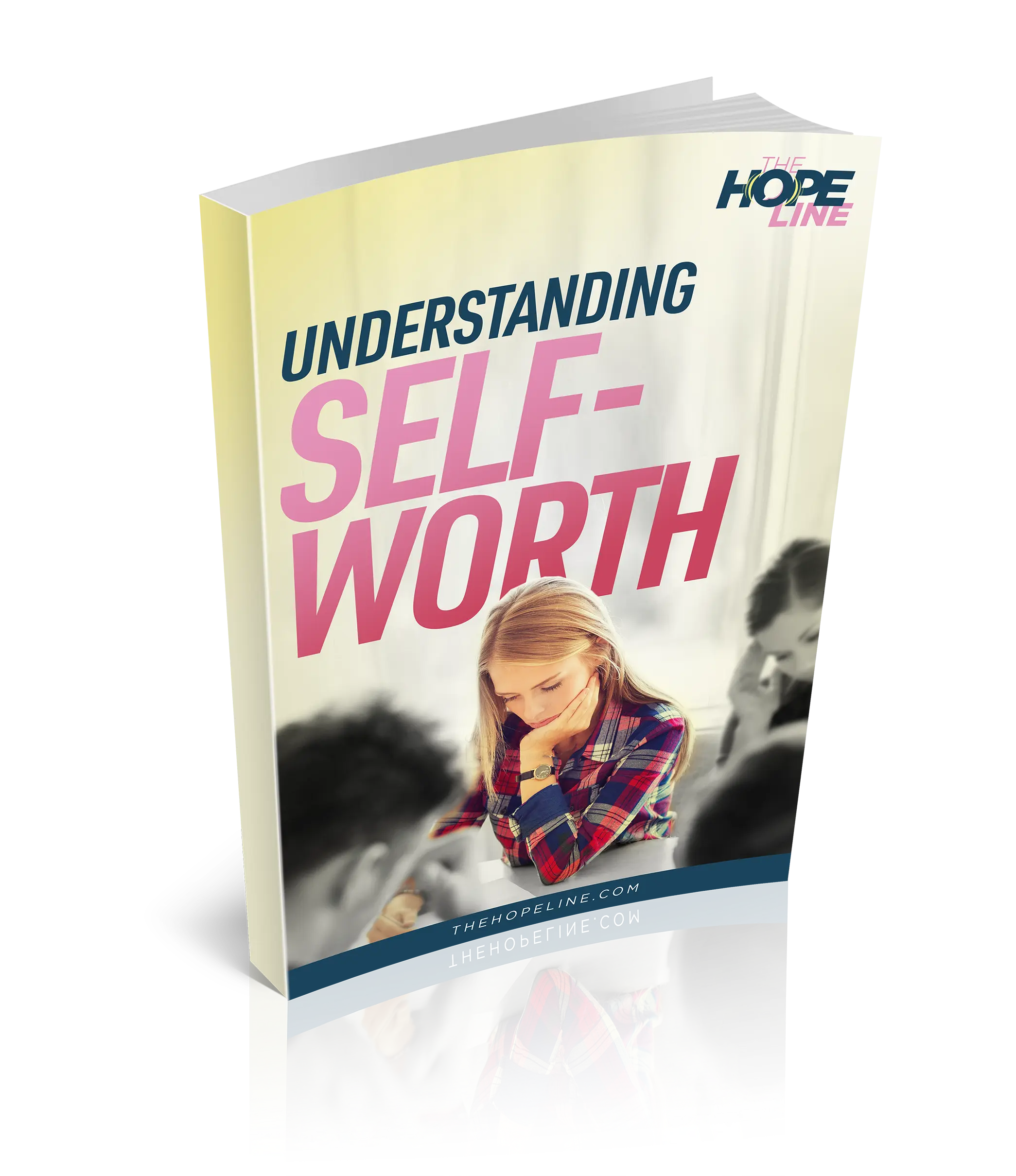Physical abuse is any act of physical harm that someone uses to control, threaten, or harm another person. Common examples of physical abuse include physical restraint (tying or holding you to a floor, wall, object, etc.), hitting or slapping, punching, kicking, biting, pushing/shoving, painful tight gripping/holding, reckless driving, throwing things, using weapons to hurt or threaten, choking/strangling, and acting physically demeaning or intimidating.
While physical abuse tends to refer to the actual acts of harm, threatening to harm as a means of control is still inappropriate and is emotional abuse. If someone has hurt you physically or threatened to hurt you in any way through their rage, cruelty, or attempts to control you or your behavior, you need to get help right away.







 Privacy Policy / Terms of Use
Privacy Policy / Terms of Use